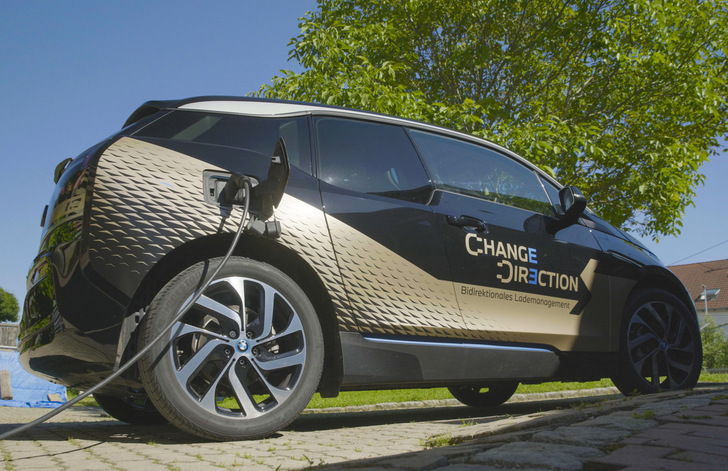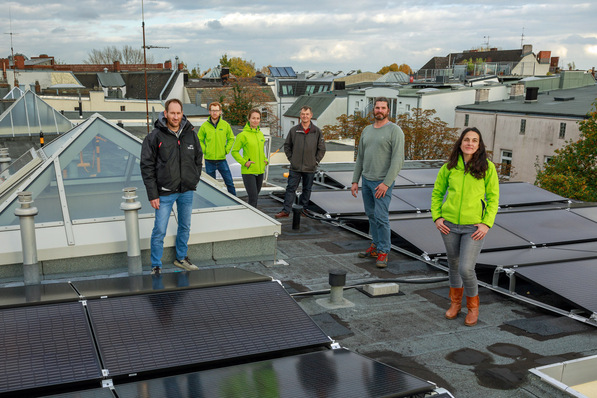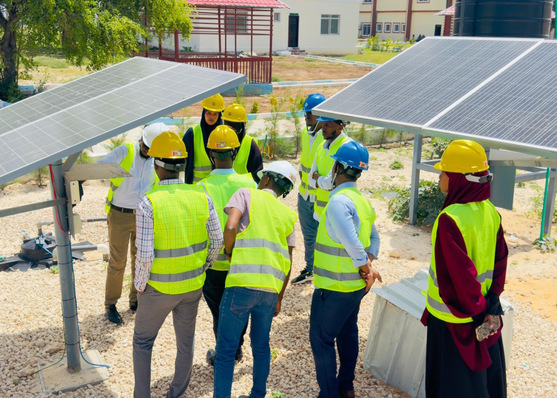Electric vehicle (EV) sales will surpass traditional vehicles by 2030 shows Eurelectric-EY’s new e-mobility report. The EU is doubling down on transport electrification which is set to quadruple by 2040 to decarbonise the sector, according to the Commission’s 2040 Communication. Meeting this ambition, however, requires a more interconnected ecosystem where data can be freely exchanged among e-mobility players to ensure strategic infrastructure planning, cost savings, flexibility and improved charging.
EVs are booming in Europe. Sales grew by 25% in 2023, with EVs accounting for more than one in five new cars sold. Infrastructure is keeping up, with fast chargers being 10 times more powerful than just five years ago. By 2030, around 75 million EVs will be driving across Europe with more affordable models for buyers thanks to scaled production, innovation and a thriving second-hand EV market.
Different e-mobility players keep their own data in silos
Yet several challenges risk slowing the pace of EVs’ uptake. Competition between the EU, US and China over EV production is getting fierce, meanwhile, different players of the e-mobility ecosystem keep their own data in silos.
Also see: Additonal savings through bidirectional charging
Eurelectric’s Secretary General Kristian Ruby said: “E-mobility is gaining pace in Europe. To accelerate EVs’ uptake in Europe all players across the value chain need to work together with open, interoperable and secure data to create a smooth, seamless experience for the customer.”
Also see: Electrify vehicle fleets to boost decarbonisation
Every actor in the EV ecosystem generates data. Yet, much of this data – including vehicle characteristics, battery status, grid capacity and charging station performance – is not shared today due to concerns over loss of competitive advantage for automakers, and privacy risks. This is impairing the efficiency of the entire e-mobility ecosystem. Data should become interoperable across the entire value chain by establishing standardised protocols, roaming networks for charging, grid congestion heat maps and common platforms to break down data silos.
Data interoperability and data sharing crucias
“E-Mobility is about more than just the technological switch away from combustion engines. It’s about connecting the worlds of transport, energy and the built environment. This, however, depends on data interoperability and information sharing and getting there is a challenge. Overcoming this will help improve the overall EV experience and unlock value for ecosystem players.” – adds Serge Colle, EY’s Global Energy & Resources Leader
Eurelectric calls on policymakers to integrate safe data interoperability across all e-mobility-related regulatory frameworks to accelerate EVs adoption, starting with the foreseen in-vehicle data act. (hcn)









